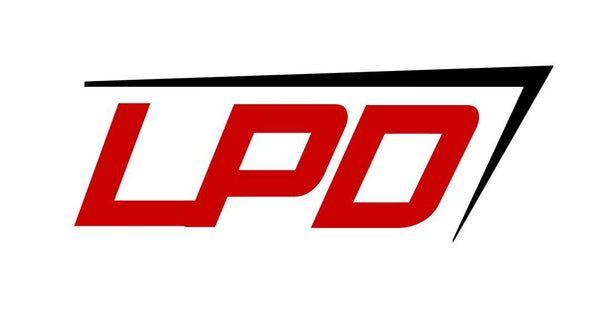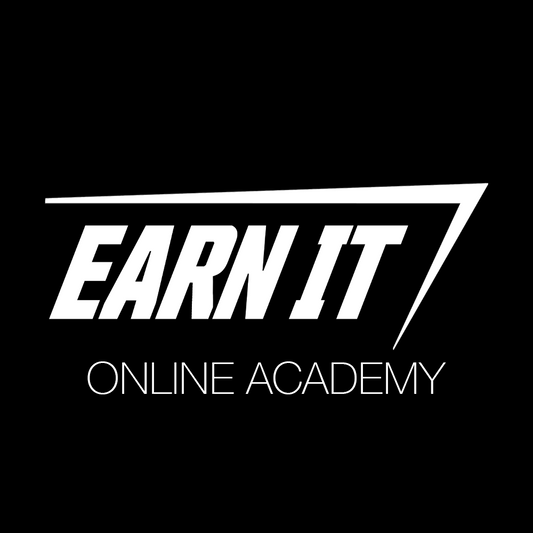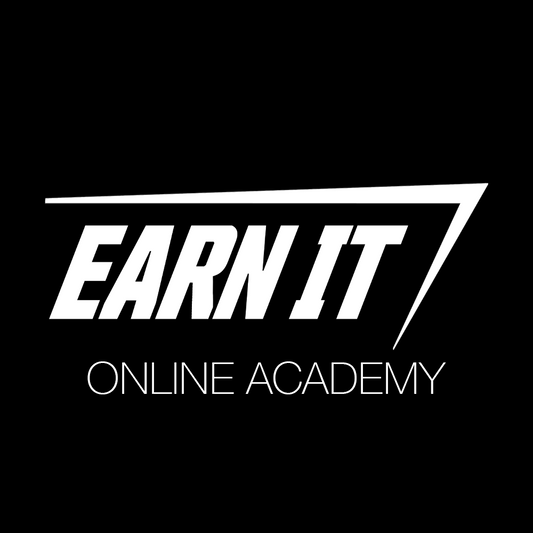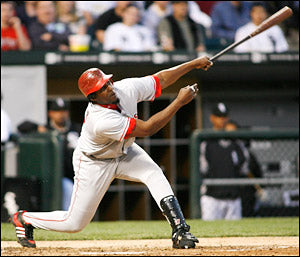Admitting that you don't know something as a coach can be one of the most powerful things you can do. While it can be difficult to admit that you don't have all the answers, it can also be an opportunity for growth and development. Often in coaching admitting you don't know something in front of your players or parents is viewed as a weakness, when in reality the opposite is true.
Putting your ego aside to admit when you don't know something can be powerful and in this blog post we will explore how this can benefit you and your players
It shows that you are open to learning
When you admit that you don't know something, you are showing that you are open to learning. By acknowledging that there are gaps in your knowledge, you are opening yourself up to new information and ideas. This can help you to become a more well-rounded individual and expand your horizons.
It encourages curiosity
When you don't know something, it can spark curiosity and motivate you to seek out answers. By admitting that you don't know, you are essentially giving yourself permission to explore and learn more about a topic.
It builds trust
Admitting that you don't know something can build trust with others. People are more likely to trust someone who is honest and transparent about their knowledge and abilities. By being upfront about what you know and what you don't know, you can establish credibility and trust with others.
It can lead to collaboration
If you don't know something, it can be an opportunity to collaborate with others who have different knowledge and expertise. By admitting that you don't know, you can open yourself up to new ideas and perspectives. This can lead to collaboration and teamwork, which can ultimately result in a more successful outcome.
It can prevent mistakes
If you pretend to know something when you don't, you run the risk of making mistakes or providing incorrect information. Admitting that you don't know something can prevent this from happening and help you to avoid making costly errors.
It can help you to overcome imposter syndrome
Imposter syndrome is a common phenomenon where individuals feel like they are not qualified or competent enough to be doing what they are doing. This can often lead to a fear of admitting that you don't know something, as it can feel like an admission of failure. However, admitting that you don't know something can actually help you to overcome imposter syndrome. By acknowledging that there are gaps in your knowledge, you are essentially giving yourself permission to learn and grow. This can help to boost your confidence and make you feel more secure in your abilities.
It can be a sign of strength, not weakness
Many people view admitting that you don't know something as a sign of weakness. However, this couldn't be further from the truth. In reality, admitting that you don't know something can actually be a sign of strength. By acknowledging that you don't know something, you are essentially putting your ego aside and prioritizing the pursuit of knowledge over the desire to appear knowledgeable. This can be a powerful display of humility and honesty, and can ultimately help you to build stronger relationships and connections with others.
It can encourage others to do the same
When you admit that you don't know something, it can encourage others to do the same. This can create a culture of openness and honesty, where individuals feel comfortable admitting when they don't know something. This can ultimately lead to a more collaborative and successful environment.
In conclusion, saying "I don't know" can be a powerful tool for personal and professional growth. It can help you to learn, build trust, collaborate, avoid mistakes, overcome imposter syndrome, display strength, and encourage others to do the same. So don't be afraid to admit when you don't know something as a coach - it can be the first step towards greater knowledge, team success, and overall more personal fulfillment.








